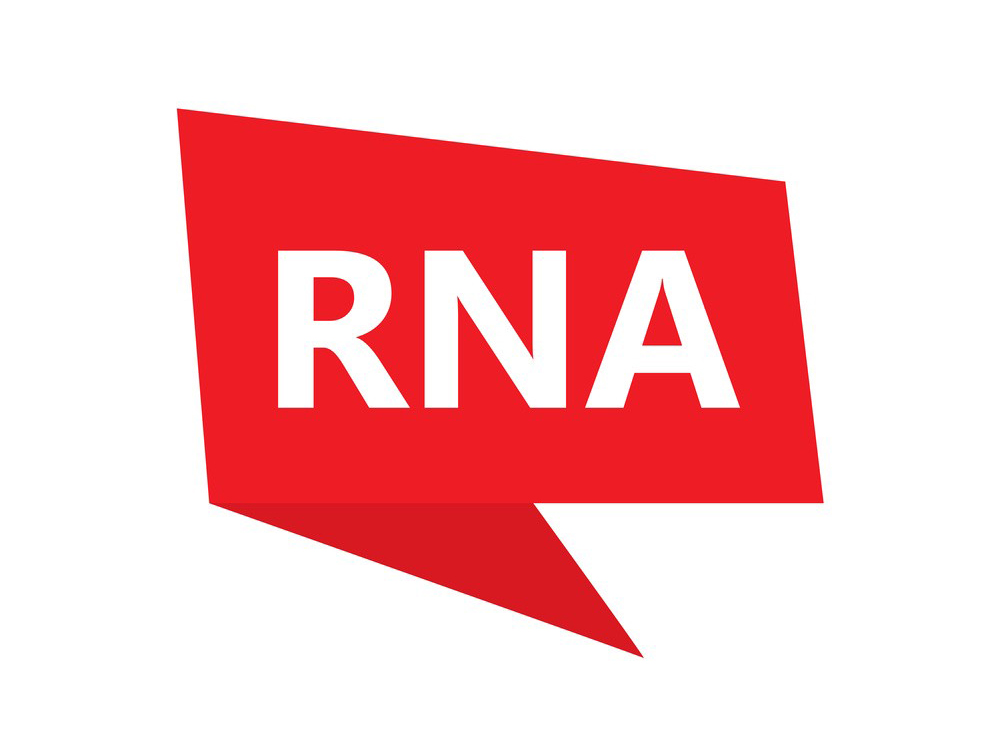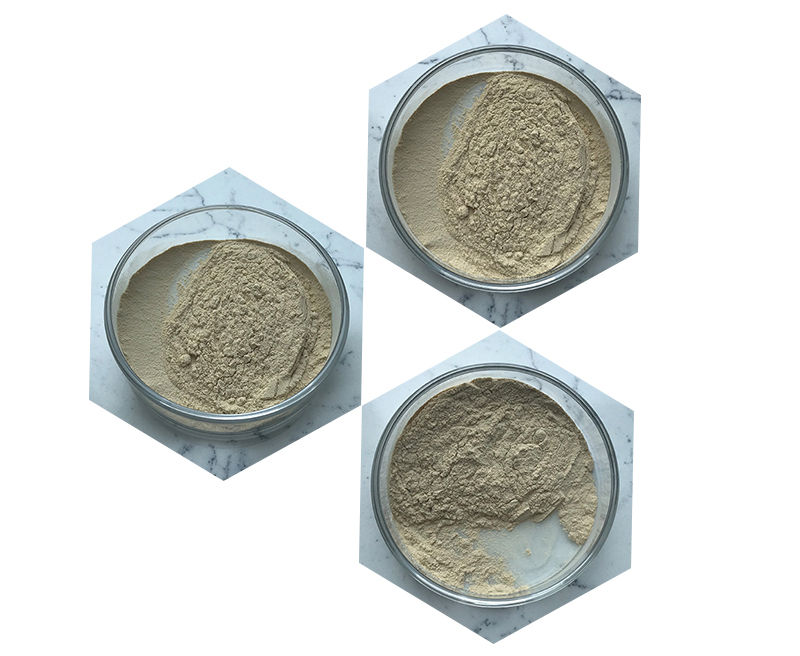Ribonucleic Acid (RNA) is a molecule that plays a crucial role in various biological processes. Like any other biological molecule, Ribonucleic Acid has its own set of pros and cons:
Pros of Ribonucleic Acid:
Versatility: Ribonucleic Acid is a versatile molecule that can serve multiple functions in the cell. It acts as a messenger (mRNA), a structural component (rRNA), and a catalyst (ribozymes) in various cellular processes.
Transcription and Translation: Ribonucleic Acid is responsible for the transcription of DNA into mRNA and the subsequent translation of mRNA into proteins, which are essential for life.

Regulation: Ribonucleic Acid can be involved in the regulation of gene expression through mechanisms like microRNAs (miRNAs) and small interfering RNAs (siRNAs), which can silence or inhibit the translation of specific genes.
Rapid Synthesis: Ribonucleic Acid molecules can be rapidly synthesized and degraded, allowing for quick responses to changing cellular conditions.
Genetic Information: Some viruses, such as retroviruses, store their genetic information in the form of Ribonucleic acid, which is then reverse transcribed into DNA and integrated into the host genome.
Cons of Ribonucleic Acid:
Instability: Ribonucleic Acid is generally less stable than DNA. Its single-stranded nature makes it susceptible to degradation by enzymes and environmental factors. This instability can pose challenges for long-term storage of genetic information.
Mutation Susceptibility: Ribonucleic Acid polymerases do not have the same proofreading mechanisms as DNA polymerases, leading to a higher error rate during transcription. This makes RNA more prone to mutations.
Limited Information Storage: Ribonucleic Acid has a limited capacity for storing genetic information compared to DNA. The four bases in Ribonucleic Acid (adenine, cytosine, guanine, and uracil) are less efficient at encoding information than the four bases in DNA (adenine, cytosine, guanine, and thymine).

Lack of Repair Mechanisms: DNA repair mechanisms are highly evolved, allowing for the correction of many types of DNA damage. Ribonucleic Acid, on the other hand, lacks similar repair mechanisms, making it more susceptible to damage.
Potential for Disease: Dysregulation or mutations in Ribonucleic acid molecules can lead to diseases like cancer, neurodegenerative disorders, and viral infections. Ribonucleic Acid viruses, in particular, can cause significant health issues.
In summary, Ribonucleic Acid is a vital molecule with numerous important functions in the cell, but it also has limitations, including its inherent instability and susceptibility to mutation. Understanding the pros and cons of Ribonucleic acid is crucial for appreciating its role in biology and addressing the challenges associated with its use and function.
